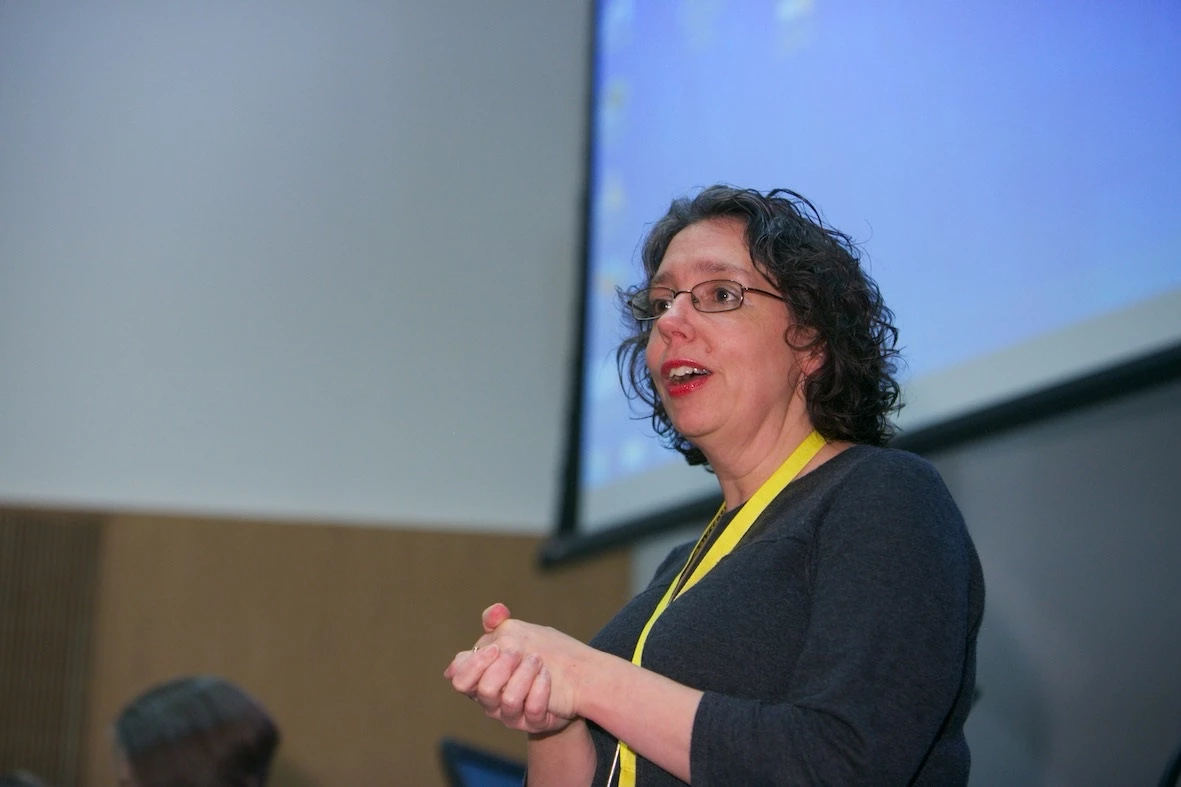
Partner Article
‘Chancellor, we’re not in this together’, say female enterprise experts
Business and academic leaders are urging Rishi Sunak to give women’s enterprise a voice and a seat at the policy table. Chancellor Rishi Sunak has laid out a suite of policies to support small businesses which have so far fallen through the cracks in Coronavirus support schemes, promising they “have not been forgotten”, but now business and academic leaders have come together to call for more urgent action to support women’s enterprise.
Campaigners say there are still a host of female entrepreneurs and women-led businesses which have been overlooked and forgotten in these schemes and that there is an urgent need to put gender-aware policies in place.
The Women’s Enterprise Policy Group, which represents leading experts from business support and academia across the UK, is now urging the Chancellor to give women a voice and a role in shaping policy responses to these urgent and challenging problems.
Today (24 March), the Women’s Enterprise Policy Group has urgently made two assessments.
Firstly, policy has completely forgotten many women by:
- Excluding the mass of women who entered self-employment in recent years, and the many who trade part-time alongside a job, from the Self-employment Income Support Scheme.
- Excluding most women from the Future Fund by making it dependent on securing private investment when we know women struggle to gain angel and venture capital due to investor bias.
- Excluding home-based businesses (so most women-owned businesses) out of the main Covid19 grants scheme, so they have no compensation for businesses losses.
- Ignoring evidence that women are reluctant to borrow (and trade in sectors with low profits where borrowing is unwise) when designing the Bounce Back Loans and Coronavirus Business Interruption Loan Scheme.
- Failing to compensate business directors for their dividend income even when they are precluded from trading due to school and nursery closures.
Secondly, the crisis is far from over: it is still unfolding and - for many women-led businesses - will go on for months, because:
- Social distancing is more difficult in the sectors women tend to trade in, so getting back to profitable trading is a long and uncertain haul.
- School and nursery provision will be absent, part-time and difficult to coordinate for months and months to come.
- Fathers and employers are relying primarily on mothers to pick up the extra work of homeschooling and women who are ‘their own boss’ or trade from home find this pressure hard to resist.
- Single mothers cannot share their childcare with family and friends.
Professor Julia Rouse, Co-Chair of the WEPG, Professor of Entrepreneurship at Manchester Metropolitan University and Head of the Sylvia Pankhurst Gender Research Centre, says: “There is an urgent need for women’s enterprise to be at the policy table. Developing gender responsive policy for women requires our expertise: we can help analyse how Covid19 is impacting women-led businesses, monitor policy impact and help shape and implement policies that work for women.
“The peak of the crisis for women-led businesses may come just before Christmas as the Self-employment Income Support Scheme and the Job Retention Scheme close. We are haunted by an image of a devastating pre-Christmas period for households and families across the UK. An economic disaster could ravage local communities and could be offset if women are given more of a voice. We urge the Department for Business, Energy and Industrial Strategy to bring The Women’s Enterprise Policy Group to the policy-making table.”
“Now is the time to put gender-aware policies in place. Now is the time to develop gender responsive policies to avoid the serious risk of economic devastation in communities across the UK for generations to come. And now is the time to make sure women-led business are not forgotten and we are, indeed, “in this together”.
Members of the Women’s Enterprise Policy Group include:
Co-chair Prof. Julia Rouse, Manchester Metropolitan University, Co-chair Maggie O’Carroll, The Women’s Organisation, Professor Susan Marlow, University of Birmingham, Dr Lorna Treanor, University of Nottingham, Dr Nicola Patterson, University of Newcastle, Helen Burkinshaw, The Women’s Organisation, Dinah Bennett, ICE, Carolyn Currie, Chief Executive Women’s Enterprise Scotland, Anne Meikle, Policy Officer Women’s Enterprise Scotland, Christine Atkinson, University of South Wales, Prof Haya Al Dajani, Mohammed Bin Salman College of Business and Entrepreneurship (MBSC) Saudi Arabia, Prof Dilani Jayawarna, University of Liverpool, Jackie Brierton, CEO GrowBiz, Roseann Kelly, Women in Business NI, Pheona Matovu, Radiant and Brighter CIC
This was posted in Bdaily's Members' News section by Sarah Brown .








 Raising the bar to boost North East growth
Raising the bar to boost North East growth
 Navigating the messy middle of business growth
Navigating the messy middle of business growth
 We must make it easier to hire young people
We must make it easier to hire young people
 Why community-based care is key to NHS' future
Why community-based care is key to NHS' future
 Culture, confidence and creativity in the North East
Culture, confidence and creativity in the North East
 Putting in the groundwork to boost skills
Putting in the groundwork to boost skills
 £100,000 milestone drives forward STEM work
£100,000 milestone drives forward STEM work
 Restoring confidence for the economic road ahead
Restoring confidence for the economic road ahead
 Ready to scale? Buy-and-build offers opportunity
Ready to scale? Buy-and-build offers opportunity
 When will our regional economy grow?
When will our regional economy grow?
 Creating a thriving North East construction sector
Creating a thriving North East construction sector
 Why investors are still backing the North East
Why investors are still backing the North East